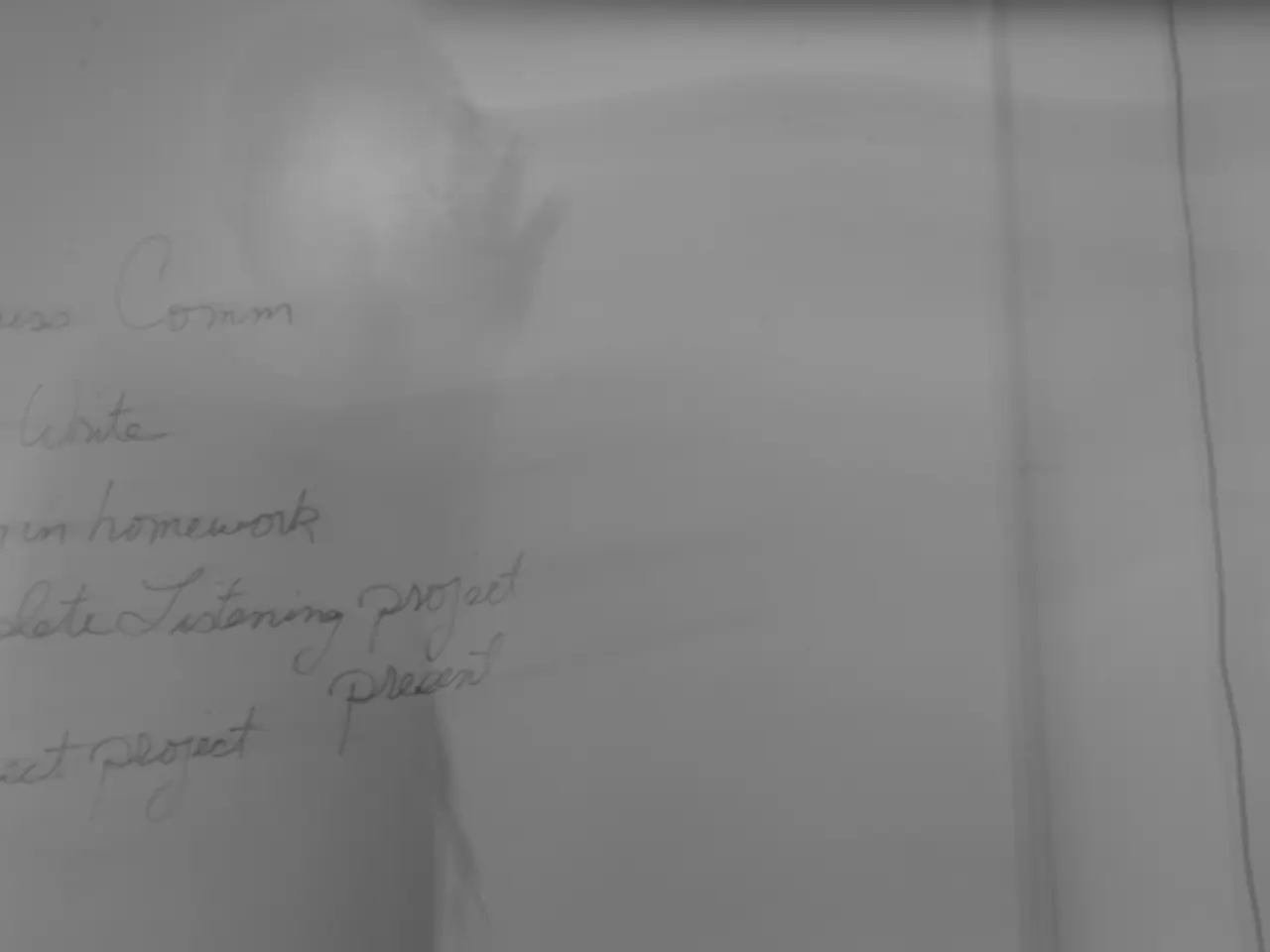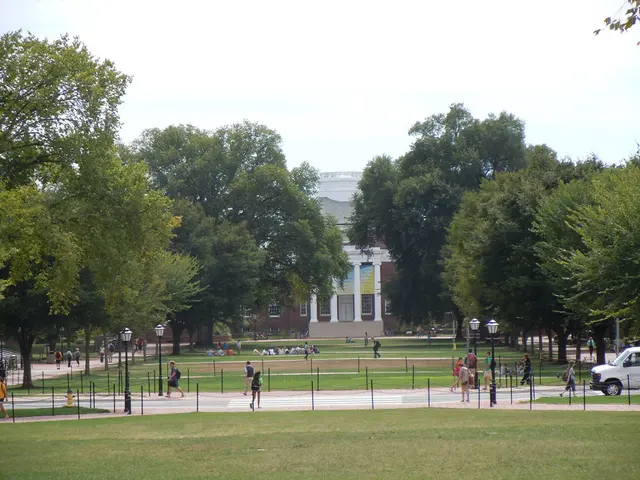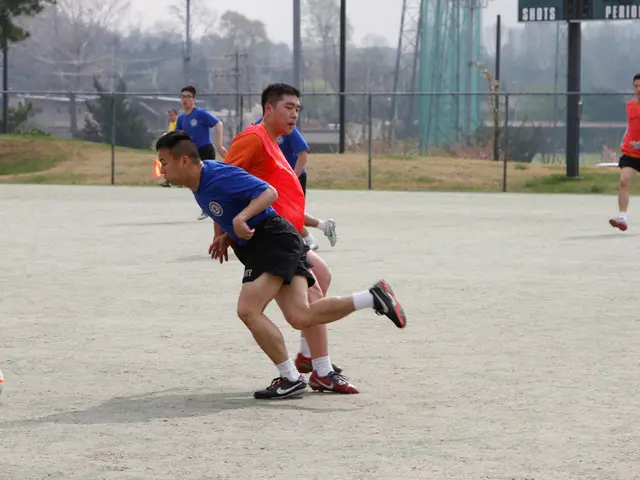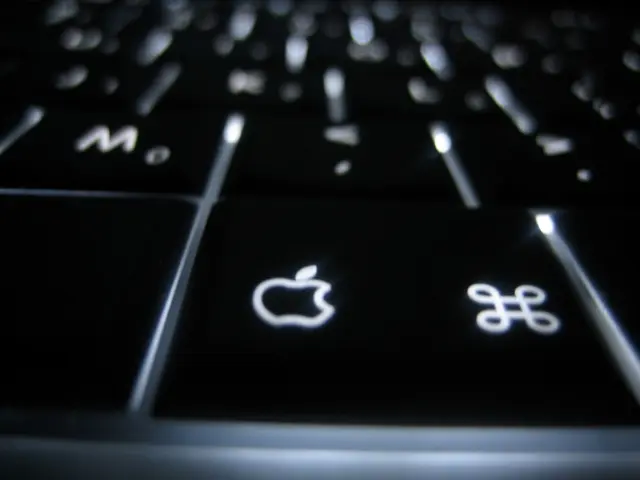Taiwan's recall vote targets legislators perceived as pro-China
Mass Recall Vote in Taiwan Targets Opposition Lawmakers
A historic mass recall vote is set to take place in Taiwan on July 26, with 24 lawmakers from the opposition Kuomintang Party (KMT) facing the possibility of being ousted from office. This unprecedented event is a reflection of the deep political and societal divisions in the island’s democracy.
The purpose of the recall vote is primarily to unseat KMT lawmakers accused of being "pro-Communist" or overly influenced by Beijing. These lawmakers are alleged to have "sold out Taiwan to China" by obstructing the government's key priorities and passing controversial bills. The recall efforts are driven by grassroots campaigns strongly supported by pro-DPP civic groups and the ruling Democratic Progressive Party (DPP) itself.
The recall vote serves as a political litmus test to reaffirm the DPP’s stance on resisting Chinese influence and tests popular anti-Beijing sentiment. If successful, the by-elections to fill the vacant seats could potentially shift the legislative balance, allowing the DPP to take back control of the parliament.
The mass recall is a response to the political stalemate that has persisted since the last general election in January 2024. After the election, the KMT, along with the smaller Taiwan People's Party (TPP), won a combined majority in the legislature. However, this majority has been used to block many of the government's key priorities, including defense funding cuts during an escalating threat from China.
The recall movement is described by campaigners as an effort to oppose China's influence and defend Taiwan's democracy. Recall campaigns were initiated and run by civic groups who are outraged at opposition lawmakers' moves of freezing and slashing critical parts of the government budget, including defense spending.
If the recall votes succeed, by-elections will be held later this year to fill the vacant seats. The Chinese government has responded to the mass recall vote by accusing the ruling DPP of "political manipulation." The KMT, despite criticizing the DPP for playing the "China card," has politicians who regularly visit China to meet with officials of the Chinese Communist Party.
Both China and the United States, Taiwan's key security partner, could be closely watching how the situation plays out. The result could potentially shift the legislative balance, allowing the ruling DPP party to take back control of the Yuan. If the recall really does succeed, Beijing is expected to follow its usual playbook and ramp up its military exercises further.
According to Taiwan's constitution, a recall vote can be called after the first year of a representative taking office, requiring a petition signed by a constituency's registered voters. The current political division is still largely driven by disagreements on domestic issues, according to Wang from the University of Nevada. However, if the mass recall has deepened divisions in Taiwanese society, it could provide opportunities for the Chinese Communist Party to push forward with its agenda toward Taiwan, according to Chen-Dong Tso from National Taiwan University.
In summary, the mass recall vote functions as both a mechanism to try to regain legislative majority for the ruling party and a referendum on Taiwan’s identity and political orientation vis-à-vis China. It symbolizes the ongoing struggle between pro-independence and pro-China factions within Taiwan.
- The media is buzzing with coverage of the upcoming mass recall vote in Taiwan.
- Society remains deeply divided over the political allegiances of the opposition lawmakers.
- Education and self-development seminars are discussing the implications of the recall vote for Taiwan's future.
- Personal growth workshops are exploring ways to navigate the emotional turbulence surrounding this political conflict.
- Mindfulness practitioners are encouraging followers to practice patience during these trying times.
- War and conflicts experts are analyzing the impact of the recall vote on regional stability.
- Productivity coaches are offering strategies to stay focused amidst the political turmoil.
- Career development advisors are guiding professionals on navigating the possible career implications of the vote.
- Policy and legislation scholars are examining the potential impact of the recall on the island's domestic policies.
- Car accident statistics may show an increase due to heightened stress levels during this tense period.
- In politics, every move is scrutinized, magnifying the impact of the upcoming recall vote.
- Online education platforms are seeing a surge in interest about Taiwan's political landscape.
- Job seekers may be impacted by the shift in legislative balance post-recall vote.
- General news outlets around the world are following the developments closely.
- Crime rates could increase in the event of dispute escalation following the vote.
- Fires related to demonstrations or confrontations cannot be entirely ruled out in such volatile circumstances.
- With learning opportunities available online, Taiwanese citizens are making the most of their time to educate themselves on the issues at hand.
- Goal-setting workshops are helping people define their aspirations for Taiwan's future.
- Lifelong learning proponents argue that the recall vote serves as a reminder for individuals to stay engaged in their communities.
- Skills training programs are preparing citizens to deal with potential economic repercussions.
- Sports events like football matches, champions league games, NFL games, soccer matches, basketball games, baseball games, hockey matches, golf tournaments, sports betting events, European leagues, and tennis tournaments continue to offer a temporary escape from the political chaos.
- Sports analysis shows viewership may increase during tense political periods as people seek a distraction.
- Auto racing fans are excited about upcoming premier league races, providing an adrenaline rush away from political uncertainties.
- Mixed martial arts enthusiasts are in a holding pattern, waiting to see if the recall vote will impact the promotion of upcoming events.
- European leagues, NBA games, Masters tournaments, grand prix events, horse racing competitions, Serie A matches, La Liga games, NCAA football games, and tennis tournaments all demonstrate resilience in the face of political upheaval.
- As the recall vote approaches, racial and social justice activists are condemning any potential violence or infringement upon human rights.





